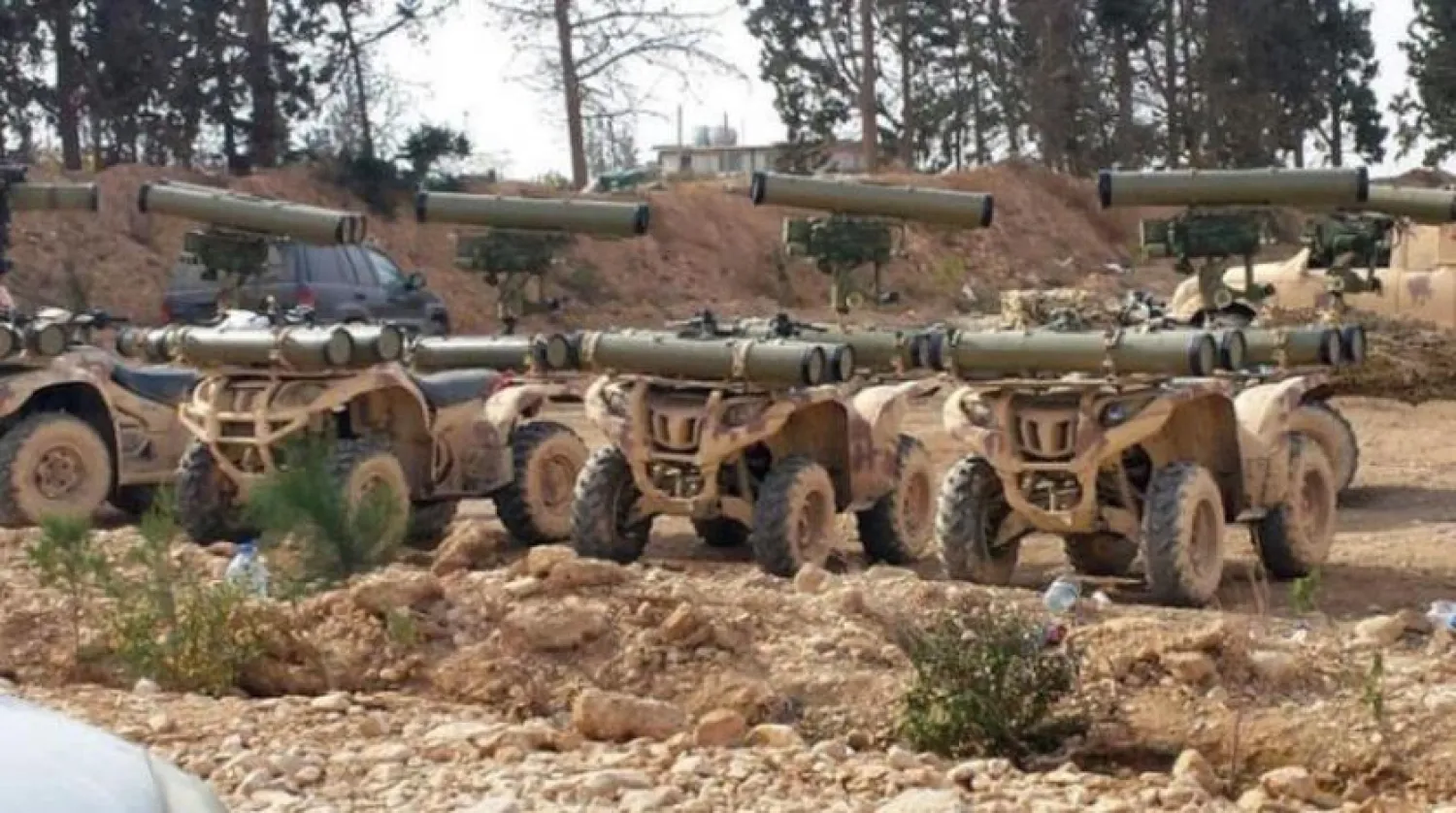An Israeli intelligence report predicted Iran will seek to use its proxies in the Middle East to pressure the new US administration to return to the 2015 nuclear accord.
The report estimates that Tehran will attempt to demonstrate its influence towards Washington, possibly by using allied groups to carry out attacks on “Western targets.”
According to the Israeli assessment, Iran will aim to bolster its negotiating position by creating instability in the Middle East through its allies and proxy groups.
It aims to amend the nuclear agreement before complying with its terms by using its “arms”, such as Hezbollah in Lebanon and fighters in Syria, in addition to its allies in Iraq, Yemen and Gaza Strip to pressure Washington, AFP reported.
Iran seeks to prove its capabilities after the blows it received in 2020, the report noted, citing the killing of General Qassem Soleimani in a US airstrike near Baghdad in January and the assassination of top nuclear scientist Mohsen Fakhrizadeh near Tehran in November.
Iran blamed Fakhrizadeh’s death on Israel, which has not directly commented on the killing.
President Joe Biden’s administration has confirmed its intention to rejoin the deal— but only once Tehran returns to compliance.
Late last month, Israel’s Army Chief Aviv Kochavi said work is underway on new plans to counter Iran’s nuclear capabilities.
Israel has been a vocal and consistent critic of the 2015 Joint Comprehensive Plan of Action (JCPOA) negotiated between world powers and Iran, which placed curbs on Tehran’s nuclear ambitions in exchange for economic incentives.
It supported former US President Donald Trump’s “maximum pressure” campaign against Tehran after pulling Washington out of the accord in 2018.
Since Soleimani’s assassination, Iran has relied on solving its economic crisis by circumventing US sanctions and bolstering its proxies, according to the report.
The intelligence assessment also warned that Iran and its allies, notably Hezbollah, were continuing to threaten Israel along the northern border.
The Israeli army has repeatedly warned of attempted cross-border attacks by Iran-backed fighters in Syria, from Hezbollah and other groups.
“The deterrence deficit within the Shiite Axis requires a response and may undermine the stability in the northern arena,” a senior Israeli military commander said on condition of anonymity, referring to the possible consequences of Israeli military action in the region.
“The proxy threat in Iraq and Yemen is an inexpensive, effective and a ‘deniable’ solution for Iran to carry out attacks without risking war,” the commander noted.
“In the coming year, Iran may return to launch terror attacks against Western targets around the world, while maintaining ambiguity,” the official added.
He pointed out that the Abraham Accords — a series of Trump-brokered pacts under which the United Arab Emirates, Bahrain, Morocco and Sudan normalized tied with Israel — pointed to a “systematic change” occurring in the Middle East.
Closer ties between Israel and Arab states seeking to counter Tehran’s influence offers “a significant opportunity to increase pressure on Iran,” he stressed.
In January, Iran said it had begun enriching uranium to 20 percent, well in excess of the threshold set out in the nuclear deal and among Tehran’s most high-profile walk backs since Trump torpedoed the accord.
Top military brass in the Jewish state emphasized a broader enhancement of Iran’s scientific capacity.
“It has made significant progress in collecting fissile material and taking advanced steps regarding research and development,” the military official said.
“Although agreements can prevent the collection of fissile material, some research and development projects are irreversible,” he added.









